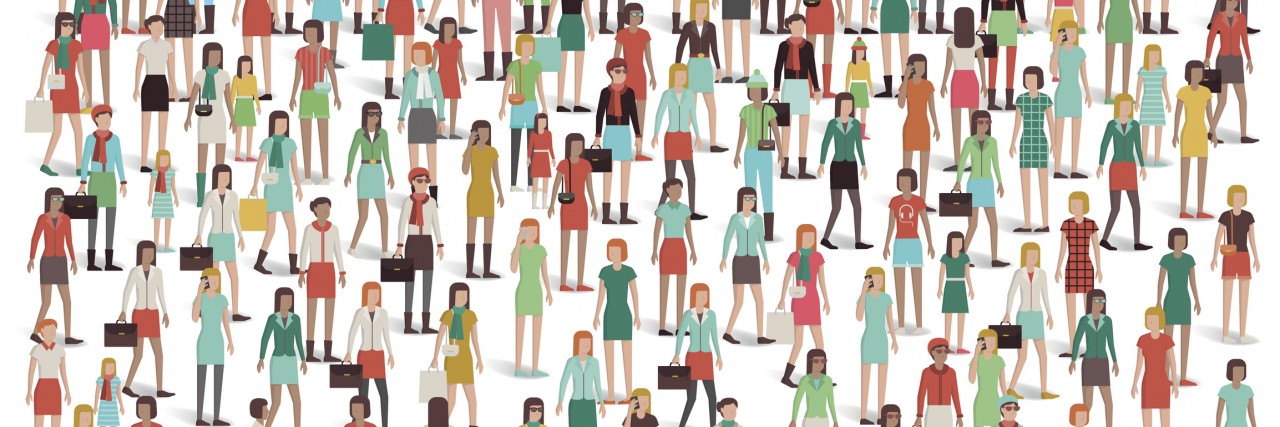A particularly beautiful thing happened when I finally allowed Mum to tell the family that my life was profoundly affected by mental illness. Being dog-people themselves, my father’s family immediately turned to convincing my parents to let me have a puppy (which I wrote about in “Introducing Two Angels and a Black Dog”). Although my aunt and uncle live many hours away I chat with them by phone and appreciate their genuine concern and love.
On my mother’s side, the two matriarchs suggested that the women of the family catch up for lunch. Everyone reached out non-judgmentally and shared their experiences of depression and mental health, of either themselves or that of a loved one. This was profound for me. As a young child I felt as though I’d lost my family after my grandma died. We stopped having shared Christmases and special occasions. I was in primary school and my cousins were studying at university or getting married. That first lunch led to many others. I feel I know my cousins better than years ago. They were sophisticated and told jokes not deemed appropriate for my young ears; now we are more like family.
Experiencing this sense of family again, where we each care for each other’s misfortunes and feel joy for each other’s triumphs, was healing. While I think disclosing your mental illness can lead you open to “unhelpful” suggestions, I was amazed by the kind and genuinely concerned response of my extended family: sharing vulnerabilities and asking about my experiences. It was such a gentle and loving environment, and I think it helped me alleviate some of the horror I felt looking back at my psychotic experiences.
One cousin was amazing and acted as a support, along with my partner of the time and my mum, at the birth of my daughter.
Importantly the group wasn’t just about me. It was about being family and sharing time together, each with histories and hurt: the aunts mourn their husbands and feel the pain of brutal childbirth experiences during the 1960s; cousins talk about the complexity of maintaining relationships and both the joys and challenges of older children. I don’t have ownership of pain or suffering. Every person can struggle for one reason or another. But we can only ever know our own experience. It is only by being honestly and compassionately questioning that you can understand others.
I learned that from my family.
We want to hear your story. Become a Mighty contributor here.
Thinkstock photo by elenabs

